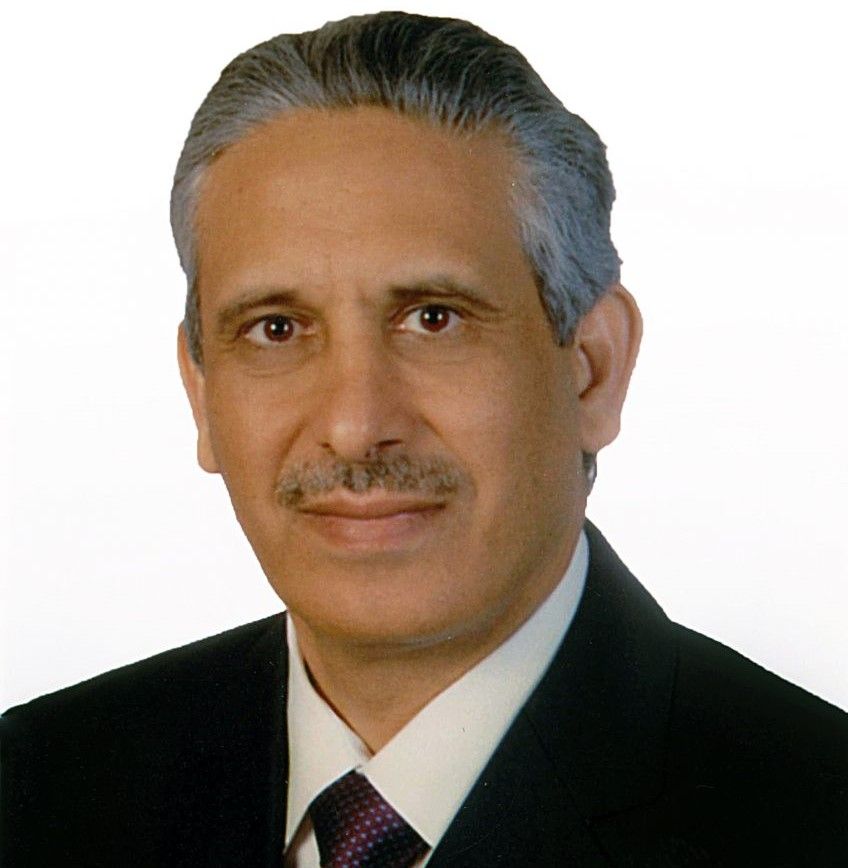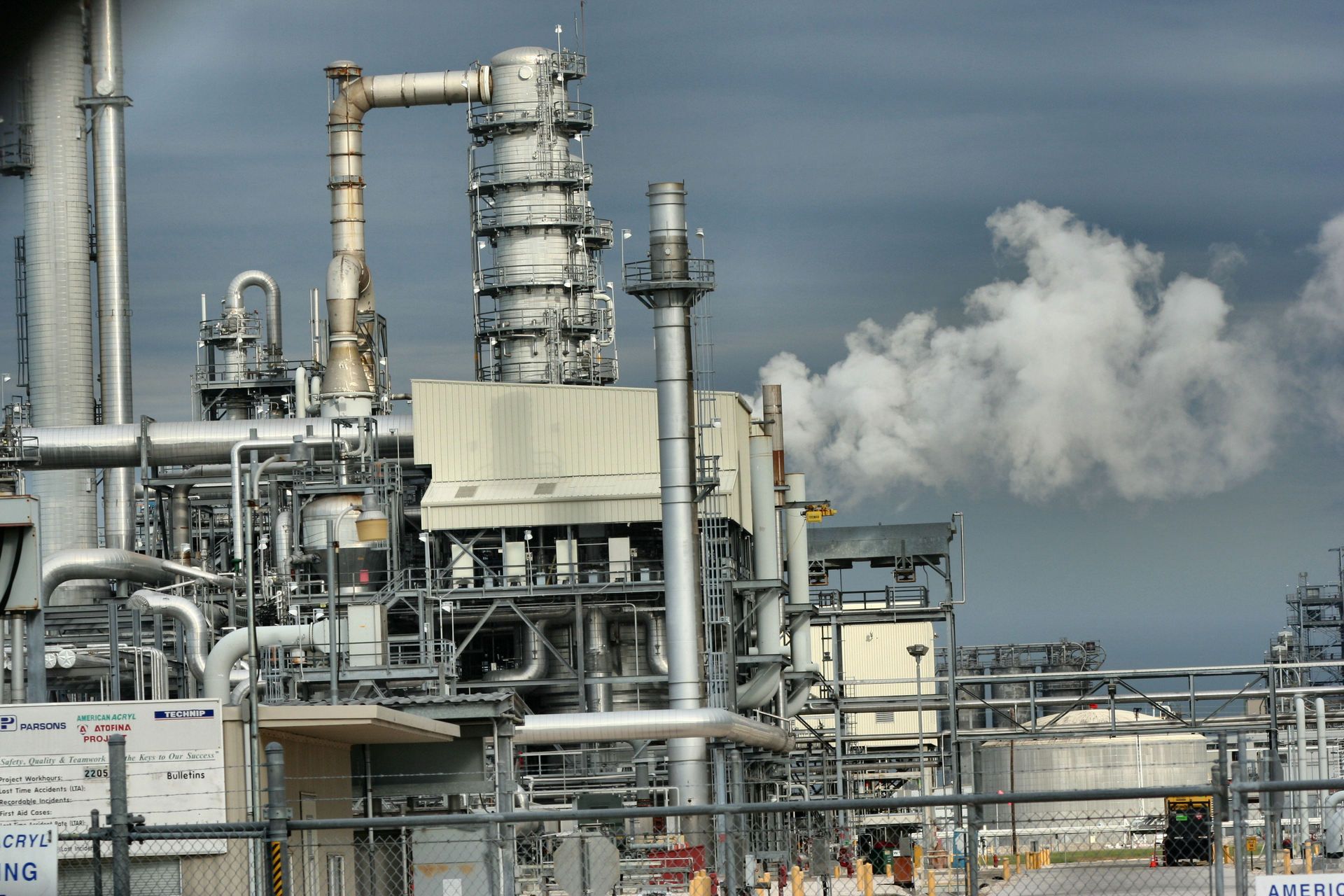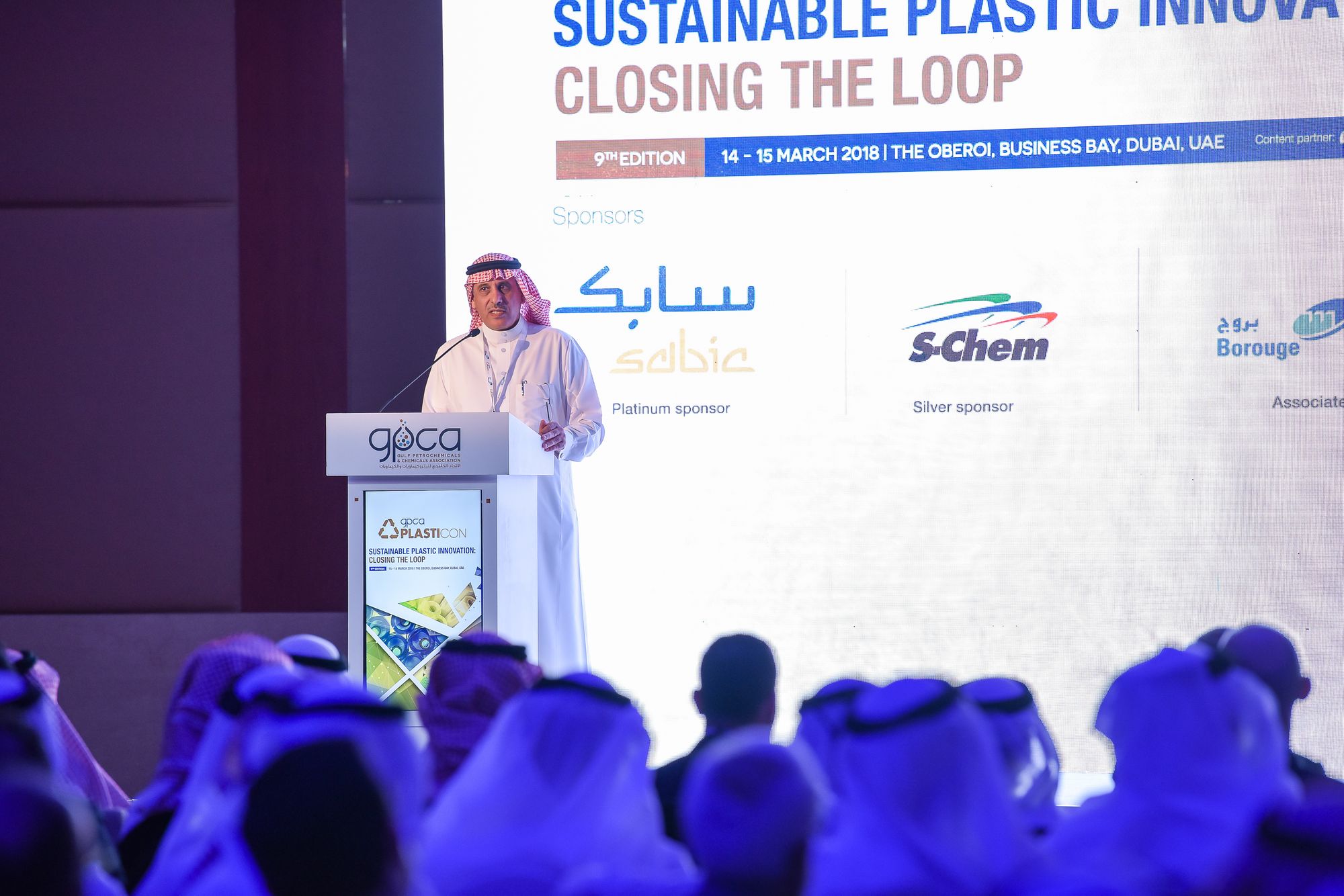During an insightful interview, Abdulrahman Al-Fageeh, Sabic’s executive vice president of petrochemicals, discussed the company’s ambitions, strategy, and the future of the petrochemical industry. In particular, he touched on Sabic’s position pending Saudi Aramco’s soon-to-be takeover of 70% of the company for $69.1 billion and how the petrochemicals market in the Middle East will fare against growing competition in China, India, Europe, and America.

With respect to S&P Platts, the commodity market analysts which conducted the original interview, here is a review of his comments and the present petrochemical market position in the Middle East.
Saudi Petrochemicals; Current Status.
The situation in the Middle East petrochemicals market has changed considerably over the years. As Al-Fageeh highlights, “I joined Sabic in the mid ’80s and I recall at that time there were not more than five or six factories for plastic conversion in the early ’80s. Now we have more than 800 plants in Saudi Arabia.” Adding that, “The consumption of plastic in Saudi Arabia is around 3 million tons. This is really contributing into the economy and the vision is to maximize this and also maximize the local content. We have created a local content department and that local content is helping the investors, whether they are from the kingdom or from outside.” Adding that, “The beauty of Sabic is that we are a diversified portfolio in the chemicals and polymer sectors, we have almost everything that is required to build the downstream for the applications that are required in the kingdom.”
To aid these changes with the investment required, last month saw the world’s largest initial public offering of shares, as Aramco, the Saudi Arabian state-owned oil giant successfully issued new shares. With this complete, the way is left open for the planned acquisition of Sabic, which expected to close in the first half 2020. This will create a mega petrochemicals enterprise. A company that will be the world’s largest net producer of ethylene, and one that will be among the top four producers of polypropylene, polyethylene, and monoethylene glycol.
However, Sabic’s position is not all smooth sailing, as following decades of regional dominance in the petrochemical market, it is now experiencing increased competition from China, the UAE, and India. The next decade will be one of great change in the Middle East chemicals industry.
Saudi Petrochemicals: Planning.
Despite all the changes that have already happened and are happening, there are big plans for even greater things.
Most of these changes have been necessary due to new trends in the energy markets, as the global economy shifts away from fossil fuels for transport, heating, and electricity. With Platts' analysts stating that, “Petrochemicals will provide the only source of demand growth for oil if policymakers stick to sustainable development plans, the International Energy Agency said in its world energy outlook report in November.”
With this in mind, Aramco has made clear its plan to increase oil conversion to petrochemical products from 2 million to 3 million barrels per day by 2030. Noting that the downstream portfolio will consume ‘significant quantities’ of Arabian crude oil.
In addition, Platts notes, “Saudi Arabia’s long-term plan to reduce the kingdom’s dependence on oil and develop new domestic industries that will need petrochemicals for growth.” Specifically, “Sabic has global operations in about 50 countries with more than 33,000 employees. In 2018, its consolidated production volume across its various business units was 75.3 million metric tons, including 61.8 million mt of petrochemicals and specialty products.”

The strategy of diversification away from a solely oil-based economy, makes a great deal of sense. As Al-Fageeh observes, “… in the past 50 years or even more, that the growth of petrochemicals is always higher than GDP [growth]. So, as an industry, I think it is healthy.” Adding that, “I still believe that there is good demand for petrochemicals even though there is some slowdown in the economy.”
Saudi Petrochemicals: Strategy
When discussing Sabic’s petrochemical strategy, Al-Fageeh is quick to note outside influences. Stating that, “The main driver … is the availability of abundant feedstock. For example, the shale gas that has been discovered lately in the US, this is a game changer into the investments. It attracts a lot of investors into the petrochemicals. [The] same thing in [is taking place in] China, [with] the availability of coal. That also gives the investors the appetite to invest.”
But while this may seem to work against Sabic’s inherent petrochemical advantage, Al-Fageeh also comments on how raw material market changes can be beneficial to all. “It’s always good to have healthy competition in the industry because this is really making people think about innovation, improving technologies, improving operational excellence,” he said.
Alongside changes in the sourcing of raw materials, are changes in demand for petrochemicals. On this topic, Al-Fageeh remains buoyant, believing that, “… there is a healthy demand for petrochemicals long term.”
However, changes in the Far East have forced the Middle East to adapt its investment policy. As Al-Fageeh explains, “We have observed in the past 10 years that China is moving into self-sufficiency. That is why we decided we want to act as a local in China. So, we started our joint venture with Sinopec in Tianjin to be a local and we have already expanded this into a bigger portfolio. We also have our own compounding business there and established our own innovation and application centres in China.”
However, the biggest strategy change for Sabic, as with most other chemical businesses, is the constant need to innovate. Most recently, innovation has focused on sustainability, as Al-Fageeh notes, “We are looking at circular economy very seriously and we are investing in the technology development for the circular economy including chemical recycling.” Adding that, “Our focus at this point of time is to make the technology available. The mechanical recycling developed in past decades; it cannot give you the material that you can take it to high end uses. It’s always to the low end. Now with the technology that Sabic is doing in chemical recycling this will enable all these ways to use it as a high end [product].”

However, his final word is on the power of sustainability and speed to market.
“I think for those companies that care about the sustainability of the business and their operational excellence, and also are making sure they deliver fast with the high quality, these are the fundamentals in business, especially in the petrochemicals business.”
Fundamentals that all chemical companies would do well to heed.
To read the full interview text, follow the link to: Insight Conversation: Abdulrahman Al-Fageeh, Sabic.
Photo credit: Platts, Pudaily, Refiningandpetrochemicals, Globalrubbermarkets, Sabic, & GPCAPlastics.